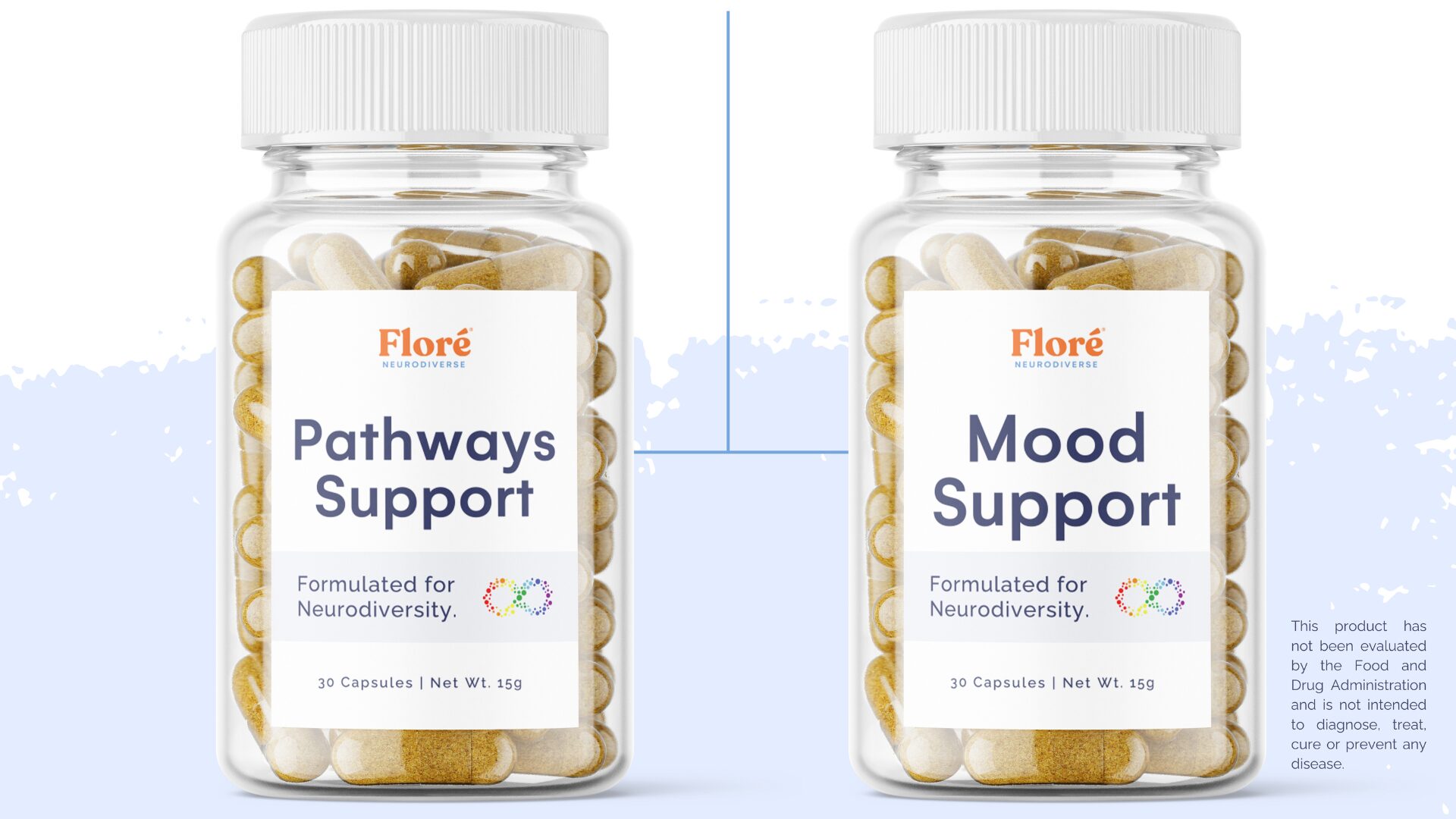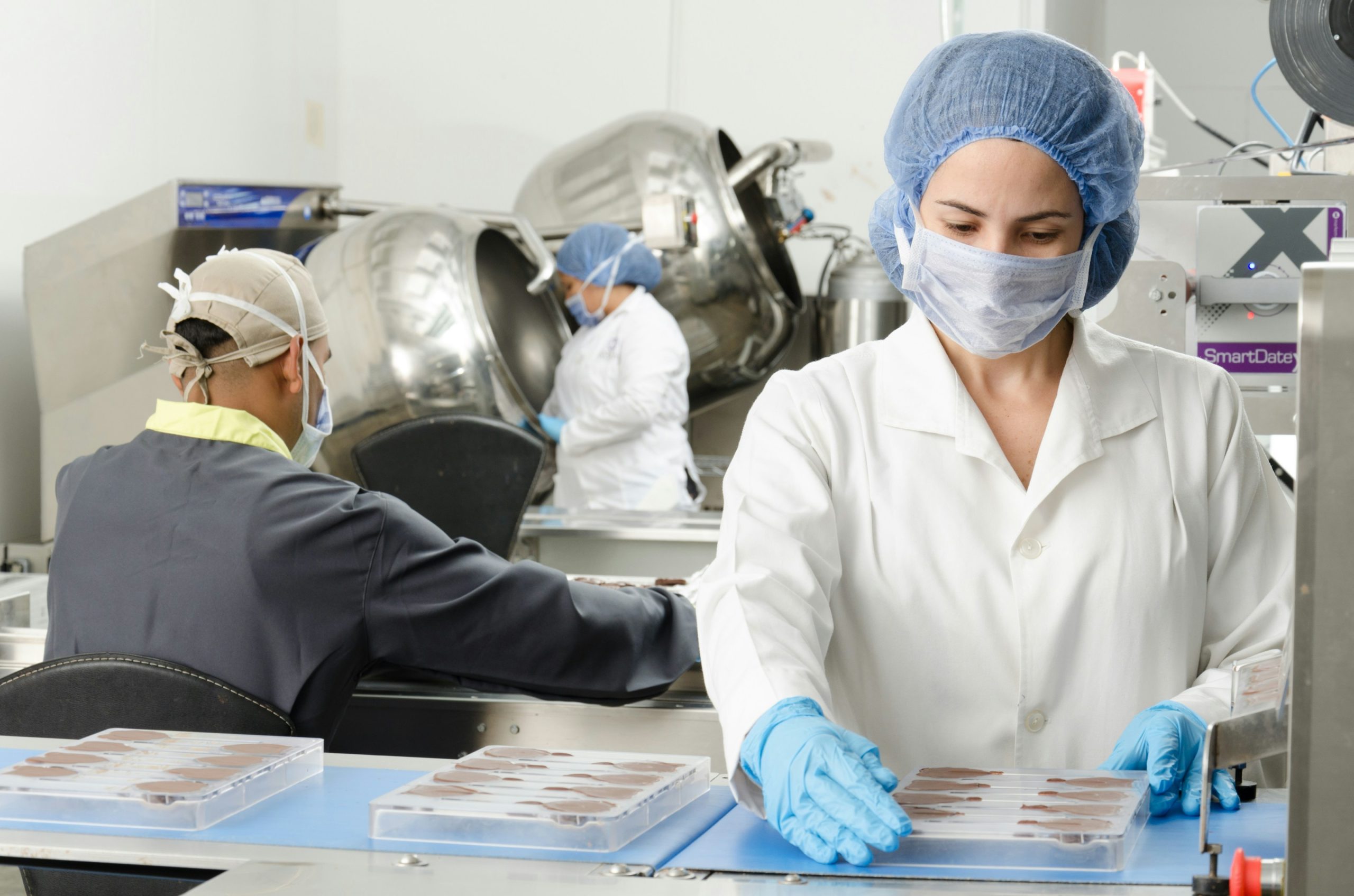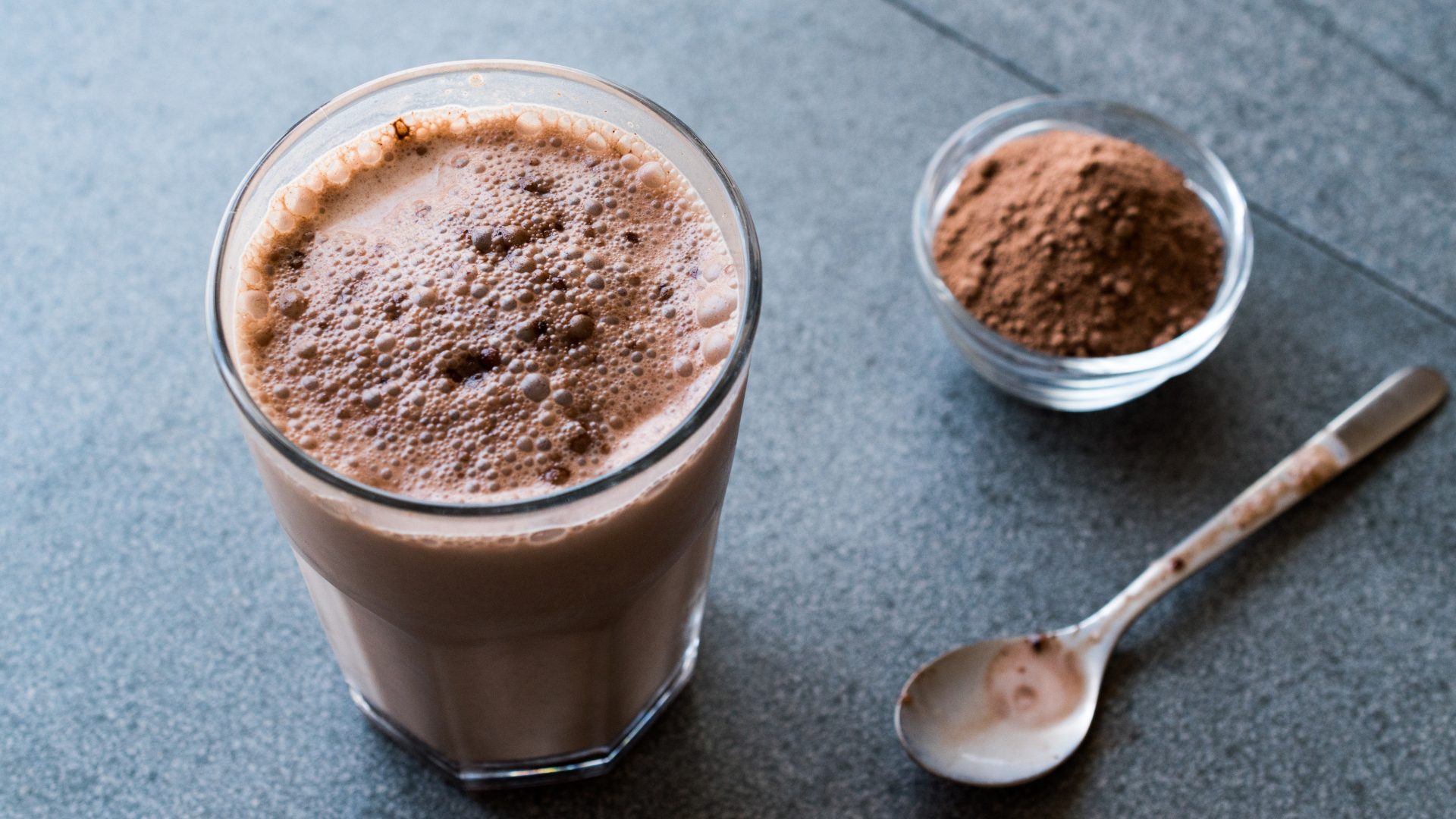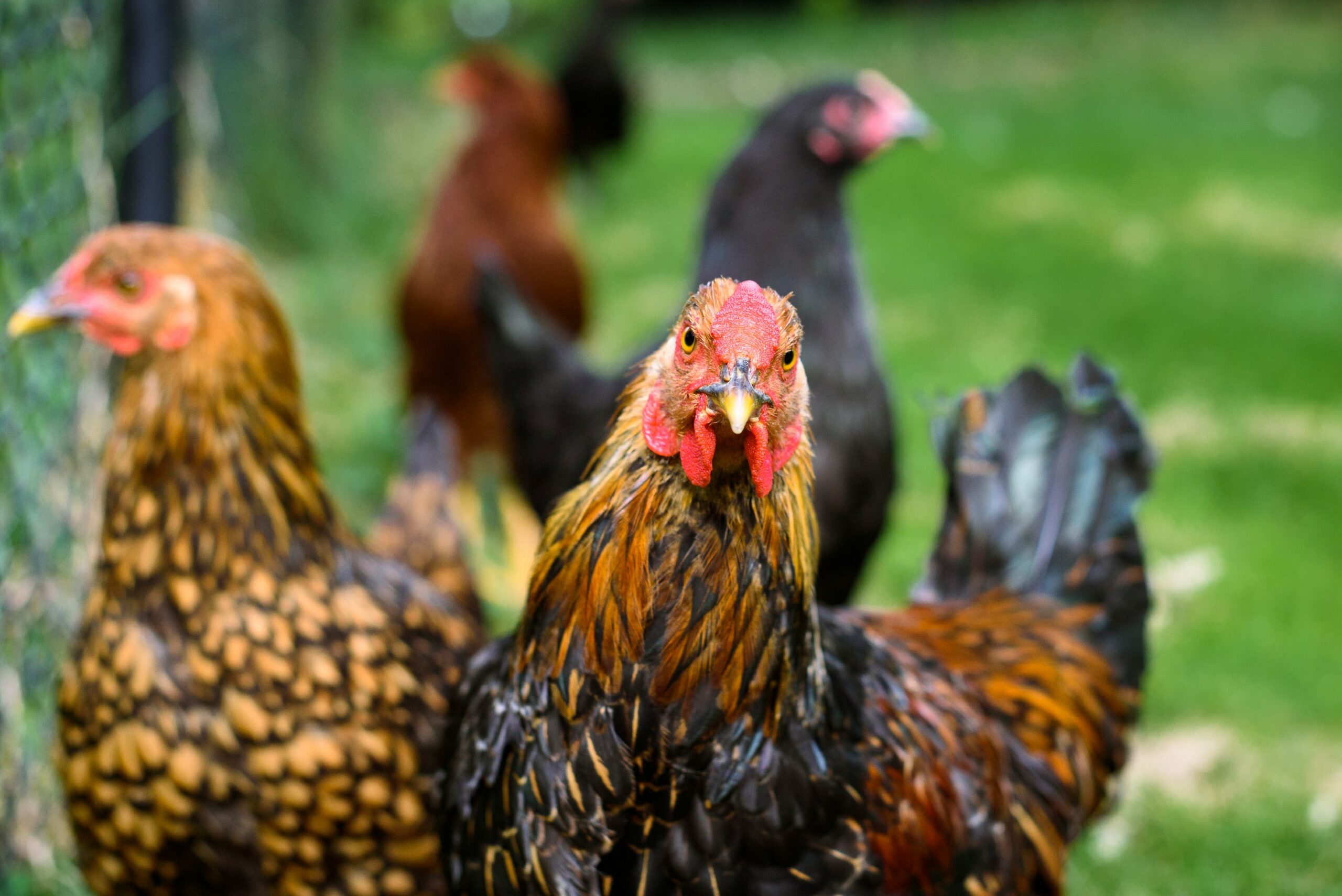According to the CDC, one in 36 children are identified with autism spectrum disorder, and the prevalence of autism has steadily risen since researchers began tracking it. With such a large number of the population with the diagnosis, a multifaceted approach to treating it makes sense, which is why new probiotics designed specifically for neurodiversity are peaking interest.
Floré – using data from its research study in partnership with Arizona State University that explored the positive impact of customized probiotic supplementation on individuals with ASD – has released two probiotics aimed specifically for neurodivergent individuals.
Pathways Support was created to enhance metabolic function, boost thiamine, reduce harmful bacteria and improve gamma-aminobutyric acid (GABA) levels – a calming neurotransmitter in the brain – for neurodiverse individuals and/or those with ASD.
Mood Support was designed to manage mood and overall mental well-being of individuals experiencing neurodiversity. By enhancing gut health, this probiotic mix aims to improve focus, reduce irritability and stabilize mood variations associated with ASD.
Both probiotics are $65 and include 30 capsules.
“Having seen the immensely positive impact our customized probiotics had on participants during the study, we set out to create products that could provide widespread support and improved well-being for anyone experiencing neurodiversity,” Craig Rouskey, CEO of Floré, said in the press release.
“We are continuously leveraging research to innovate new and cutting-edge solutions to not only improve physical health but also enhance the overall quality of life for so many.”
The study used to create these products included a three-month regimen using Floré. Study participants experienced significant improvement in GI issues and an increase in microbiome diversity and metabolic capacity. Notably, 60% of individuals experienced an overall improvement in ASD symptoms, according to the press release.
Can a probiotic really make a difference? L’Taundra Everhart, M.Ed, an education and wellness expert, shared her insight with The Food Institute.
“As someone who’s spent more than 15 years in special education and who also runs a comprehensive wellness business, I’ve seen firsthand how integrative approaches can really make a difference for those with neurodiversity,” Everhart said.
“The release of this new probiotic line is definitely interesting to me because it aligns with my belief in personalized, holistic support strategies.”
She added that a healthy amount of skepticism is wise when it comes to something like this and that it’s always important to ask questions.
“In my experience, combining evidence-based practices with alternative approaches tends to yield the best results. I’ve seen how mindfulness and emotional intelligence training have benefited people, and I could see how gut health might be another important piece of the puzzle, especially for those on the spectrum,” Everhart said.
Everhart warned not to get hopes up based on the probiotic alone.
“While specially formulated prebiotics and probiotics might help with things like GI discomfort or mood, I would not expect them to dramatically change core autism traits in those with more severe forms.”
With all of that in mind, she noted that in her wellness practice she has seen how small, mindful changes can lead to significant improvements in quality of life. If a specially formulated probiotic can help with GI issues or mood regulation for someone with ASD, she considers that a win.
“It’s not a magic fix, but it’s definitely a valuable tool to have in the toolbox,” Everhart said.
The Food Institute Podcast
U.S. grocery retailers are facing regulatory scrutiny on pricing, ever-increasing shrink and a financially-stretched consumer, but how can they adapt to these new market pressures? Supermarket Guru Phil Lempert joined The Food Institute Podcast to discuss the Kroger-Albertsons merger, the rise of private label and more.












